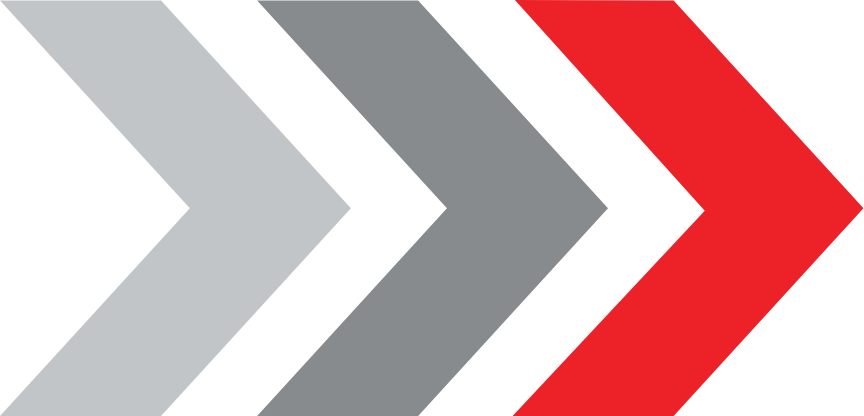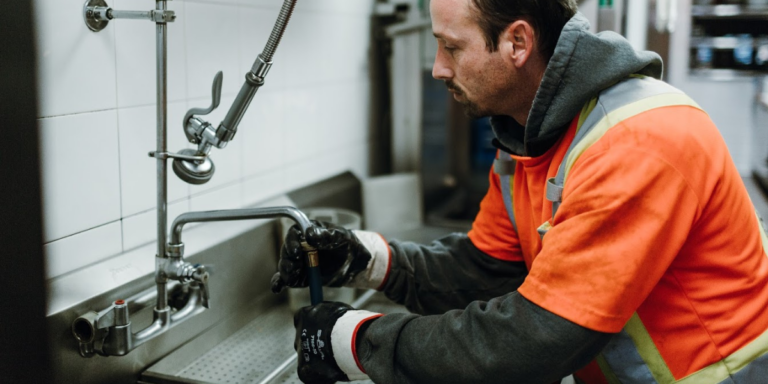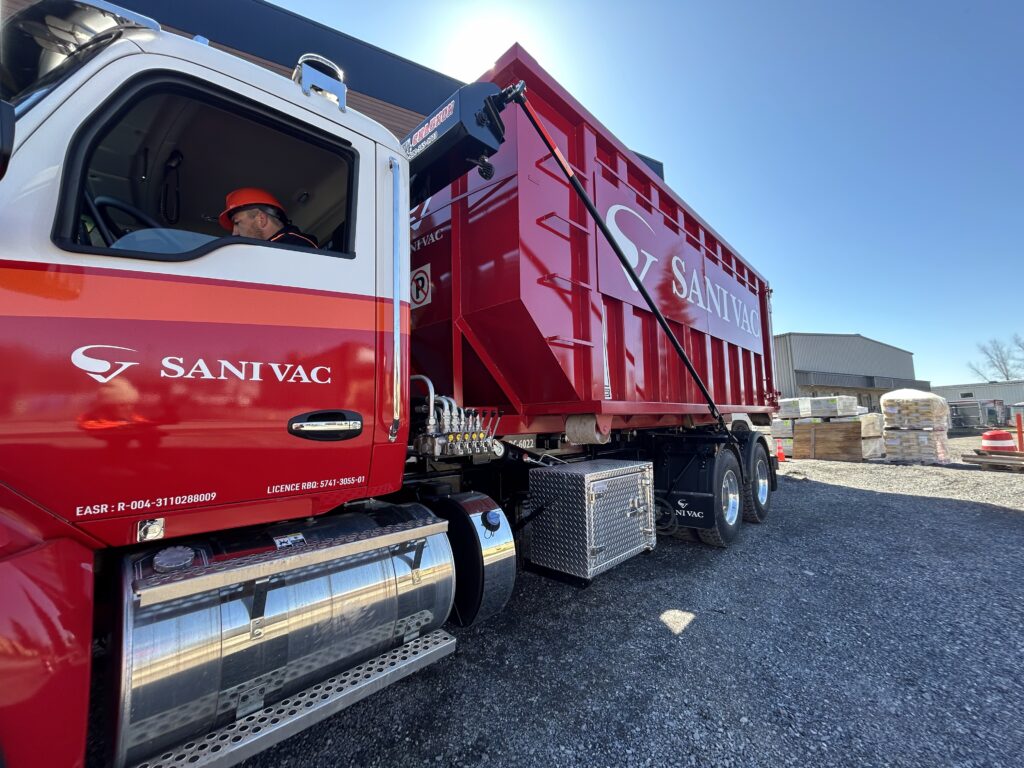When it comes to managing our plumbing and sanitation systems, one often overlooked detail can have significant consequences: fats and grease. Whether you’re connected to a municipal sewer system or have a septic tank on your property, improper disposal of fats and grease can lead to costly and long-term damaging problems. In this article, we will explore why it’s crucial not to pour oil, cooking grease, or any other type of fat down the pipes, how it can affect your installations, and what simple solutions can prevent these issues.
Fats in the pipes: A universal problem :
Whether you use a septic tank or are connected to a municipal sewer system, fats can cause serious headaches. When poured down the sink or toilet, these fatty substances may seem harmless at first. However, as they move through the pipes, they cool and harden, creating a slippery coating inside the conduits.
Impacts on pipes and sanitation systems :
- Frequent blockages: Cooled fats can accumulate in the pipes, creating persistent blockages. This can lead to drainage slowdowns, sewage backups, and even pipe damage.
- Septic tank: If you have a septic tank, fat buildup can disrupt the biological balance of the tank, hindering the decomposition of organic waste. This can lead to more frequent pump-outs and reduce the efficiency of the septic tank.
- Municipal sewer system : In a municipal sewer system, fats can contribute to blockages in the pipelines, requiring costly cleaning and maintenance operations.
Environmental consequences:
The discharge of fats into the pipes can also have environmental consequences. Untreated fats in municipal sewer systems can reach water bodies, causing the formation of greasy plugs and harming aquatic flora and fauna.
How to address the situation:
- Do not pour down the sink or toilet: The first step to avoiding fat-related problems is simple: never pour them down the sink or toilet. This includes cooking oils, animal fats, and any other type of grease.
- Responsible collection and disposal: Collect fats in an airtight container and dispose of them properly. Many municipalities offer fat collection programs, and there are companies specialized in recovering used cooking oils.
- Use grease traps: Install grease traps on sinks to trap fats before they reach the pipes. This can help prevent accumulation in the pipes.
- Educate and raise awareness: Educate members of your household about the importance of not pouring fats into the sewers. Education can play a key role in prevention.
Alternatives for fat disposal:
- Cooking oil recycling: Many communities offer collection points for recycling used cooking oils. These oils can be converted into biodiesel.
- Solidification before disposal: Before discarding them, solidify fats by mixing them with absorbent materials such as cat litter or coffee grounds.
Tips and tricks for healthy plumbing:
- Hot water and detergent: To clean pipes, pour hot water mixed with detergent. This can help dissolve accumulated fats.
- Regular maintenance: Schedule regular maintenance of your pipes using products specially designed to prevent fat buildup.
- Consult a professional: If you suspect fat-related issues in your pipes, consult a plumbing professional for a thorough inspection.
In conclusion, responsible fat management in your plumbing and sanitation systems is essential to avoid costly and long-term damaging problems. By adopting good habits, educating members of your household, and using environmentally friendly alternatives, you contribute to the health of your installations and the preservation of the local environment.
If you encounter fat accumulation problems in your pipes or septic tank, it’s important to turn to professional services for effective unclogging and thorough cleaning. This is where Sanivac comes in. We offer a comprehensive range of services, including sewer unclogging, septic tank pumping, and sewer line cleaning, to meet all your sanitation needs. Trust our expertise to ensure the proper functioning of your installations and peace of mind for you and your family.




